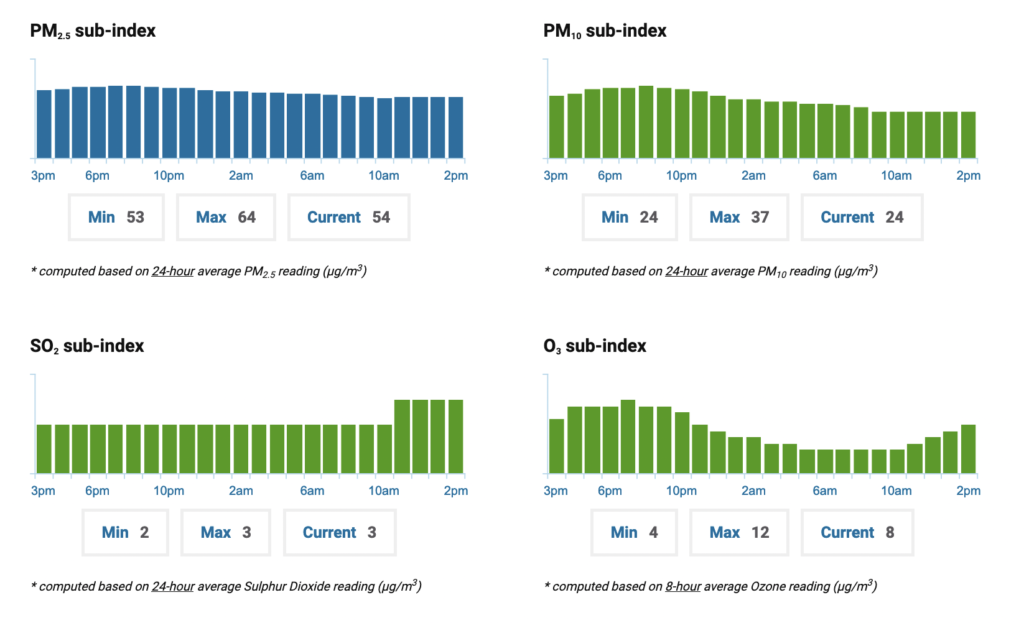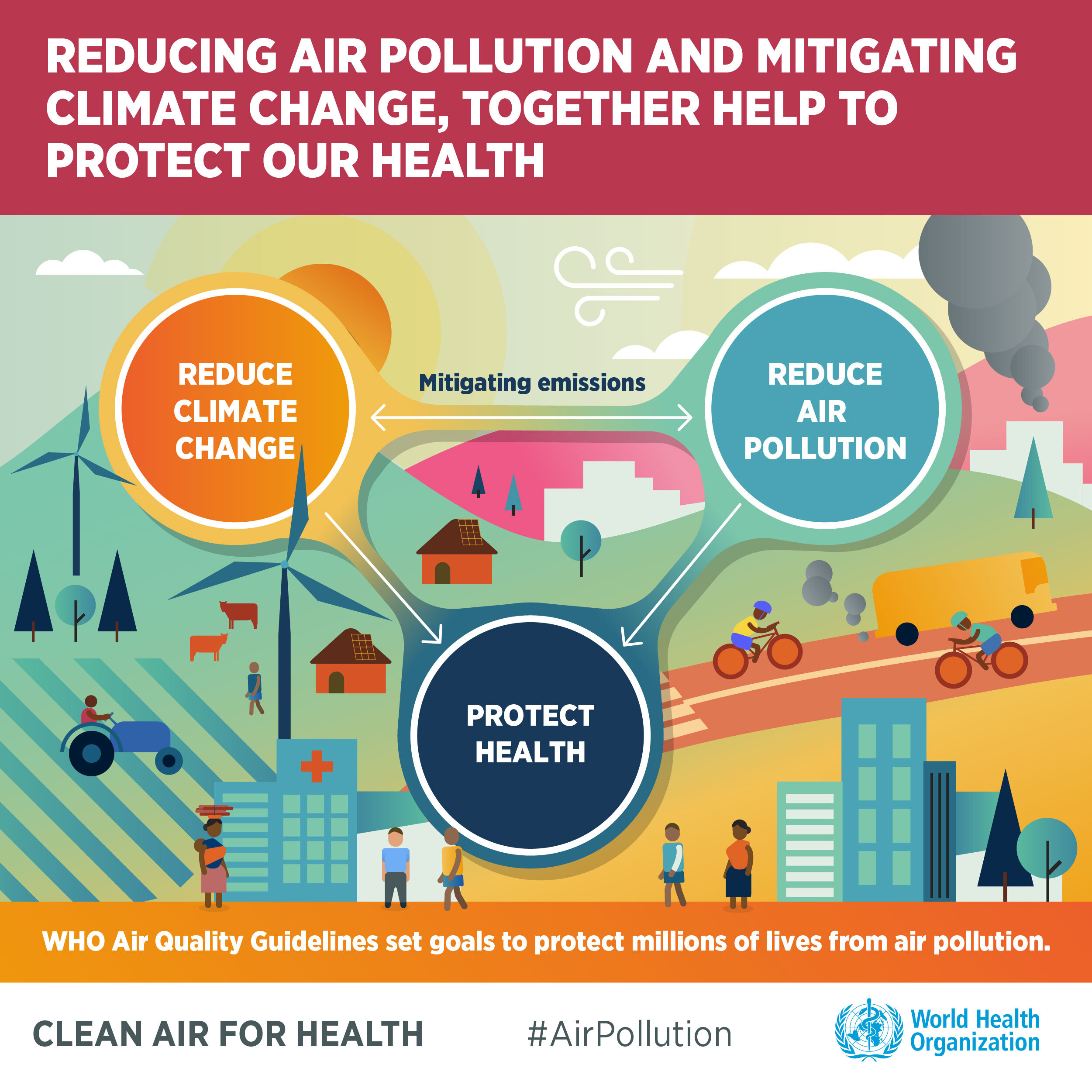Scientists confirm air pollution causes one of Singapore's most common cancers


Paris, France - Scientists from the European Society of Medical Oncology (ESMO) have identified a new way that small particulate matter can cause lung cancer in people who have never smoked.
In summary, they have found that PM2.5 air pollution can drive mutations in the lungs which lead to a higher risk of non-small-cell lung cancer (NSCLC), the most common type of lung cancer.
It also links air pollution as a key cause of lung cancer in those who do not smoke, namely through the mechanism of a gene mutation named EGFR. The study covered half a million people living in England, South Korea, and Taiwan.

"The same particles in the air that derive from the combustion of fossil fuels, exacerbating climate change, are directly impacting human health via an important and previously overlooked cancer-causing mechanism in lung cells.''
''The risk of lung cancer from air pollution is lower than from smoking, but we have no control over what we all breathe. Globally, more people are exposed to unsafe levels of air pollution than to toxic chemicals in cigarette smoke, and these new data link the importance of addressing climate health to improving human health," said Charles Swanton, the Francis Crick Institute and Cancer Research UK Chief Clinician.
While the link between the two might seem obvious, air pollution is actually little understood, and the hard science investigating its effect on human health is - like all good science - still very much a work in progress.

"Air pollution is a relatively under-investigated science, but we now know much more about it than say, a decade ago. And increasingly science shows that air quality is a very significant factor in human health," said Dr Philip Eng, Senior Consultant Respiratory & ICU Physician, Mount Elizabeth Medical Centre and Professor of Medicine at NUS, at an event CarBuyer attended in 2018.
According to the Singapore Cancer Society: 'Lung cancer is the third most common cancer in males and females in Singapore respectively. During the five-year period from 2014 - 2018, 14 per cent of all cancer incidences in men were lung cancer cases. For women, the figure is 7.5 per cent.'
Even more worrying is the fact that the percentage of lung cancer patients in Singapore who are non-smokers has increased from 32 per cent to 48 per cent, from the period 2006 to 2018.
Tie this in with the fact that Singapore's air quality is actually pretty bad, and we can see how the drive to reduce air pollution - by increasing the adoption of zero emissions vehicles - is a vitally important one.

PM2.5 refers to particulate matter that is 2.5 microns or less in length. Such tiny particles are able to enter the lungs and even infiltrate our bloodstream.
In Singapore, a major source of PM2.5 is the burning of fossil fuels for industrial purposes and from vehicles with internal combustion engines. Recently, it's also been discovered that microplastics and particles from tyres also contribute to air pollution, while the regional haze is also a major contributor for Singapore.